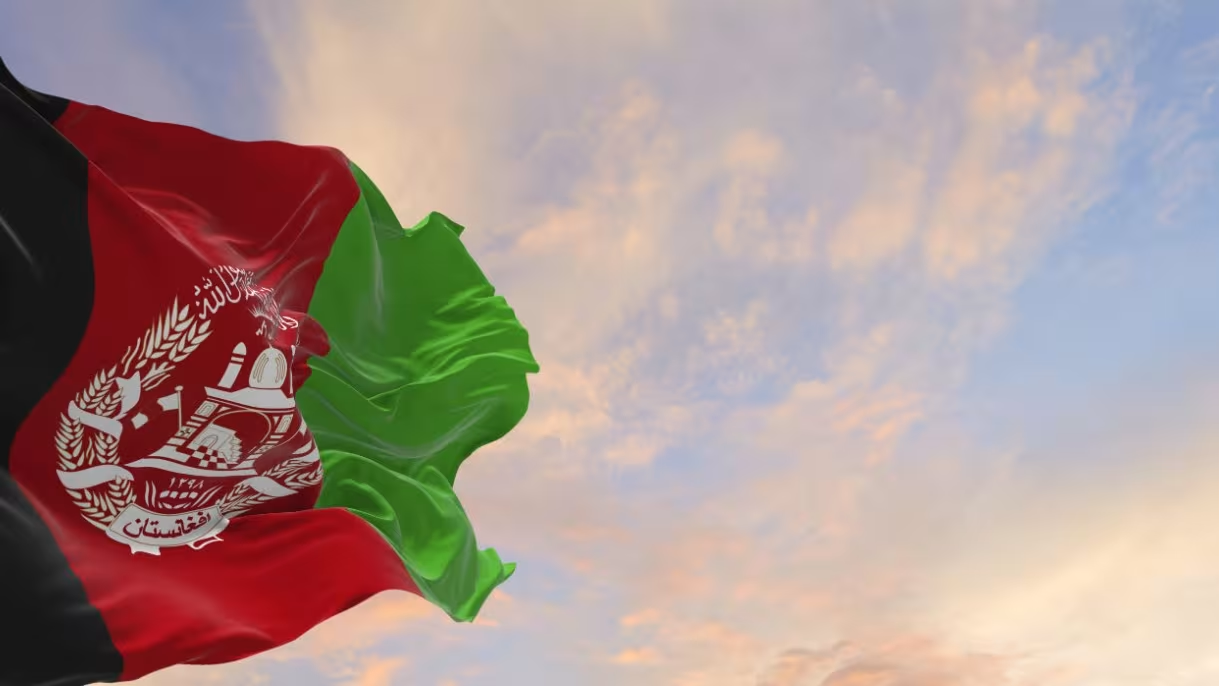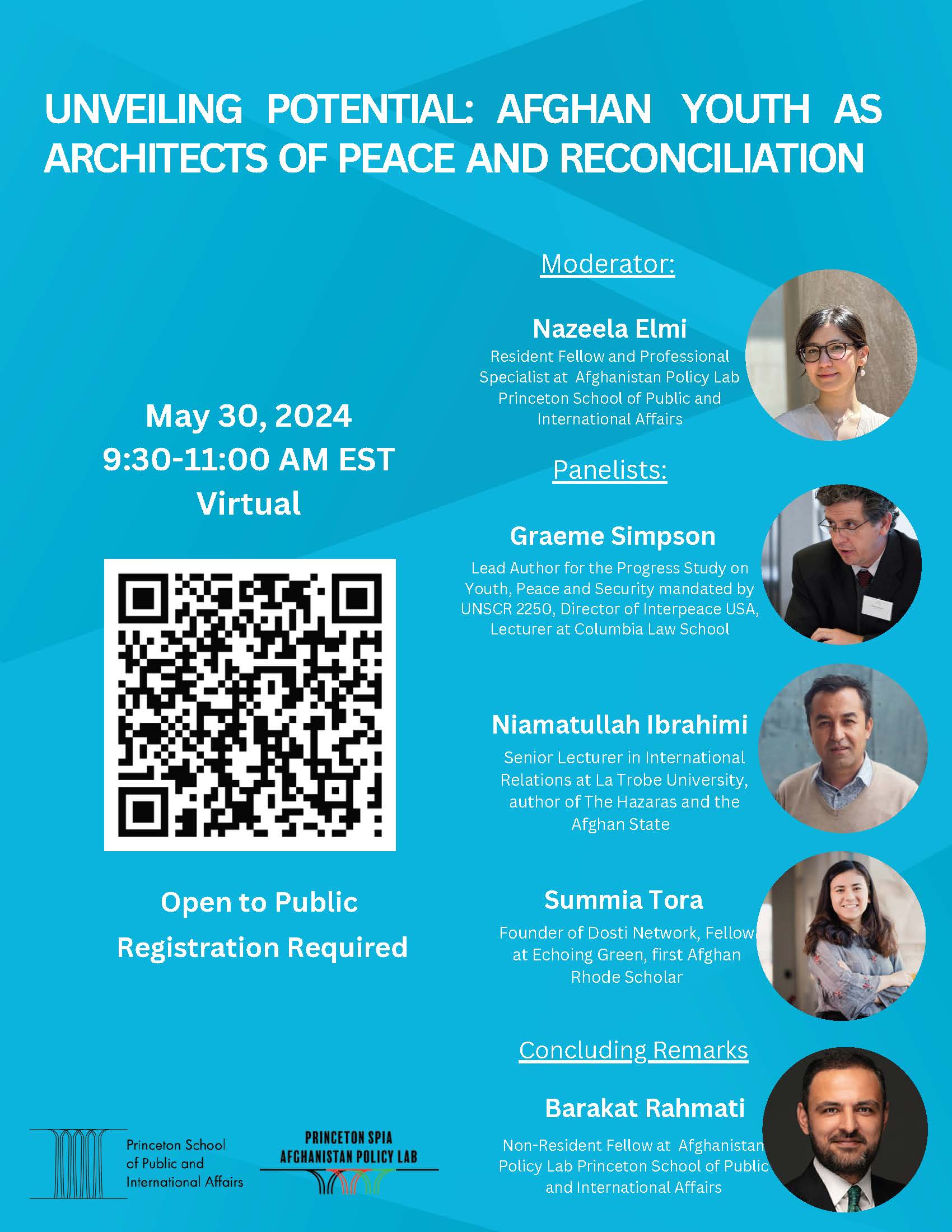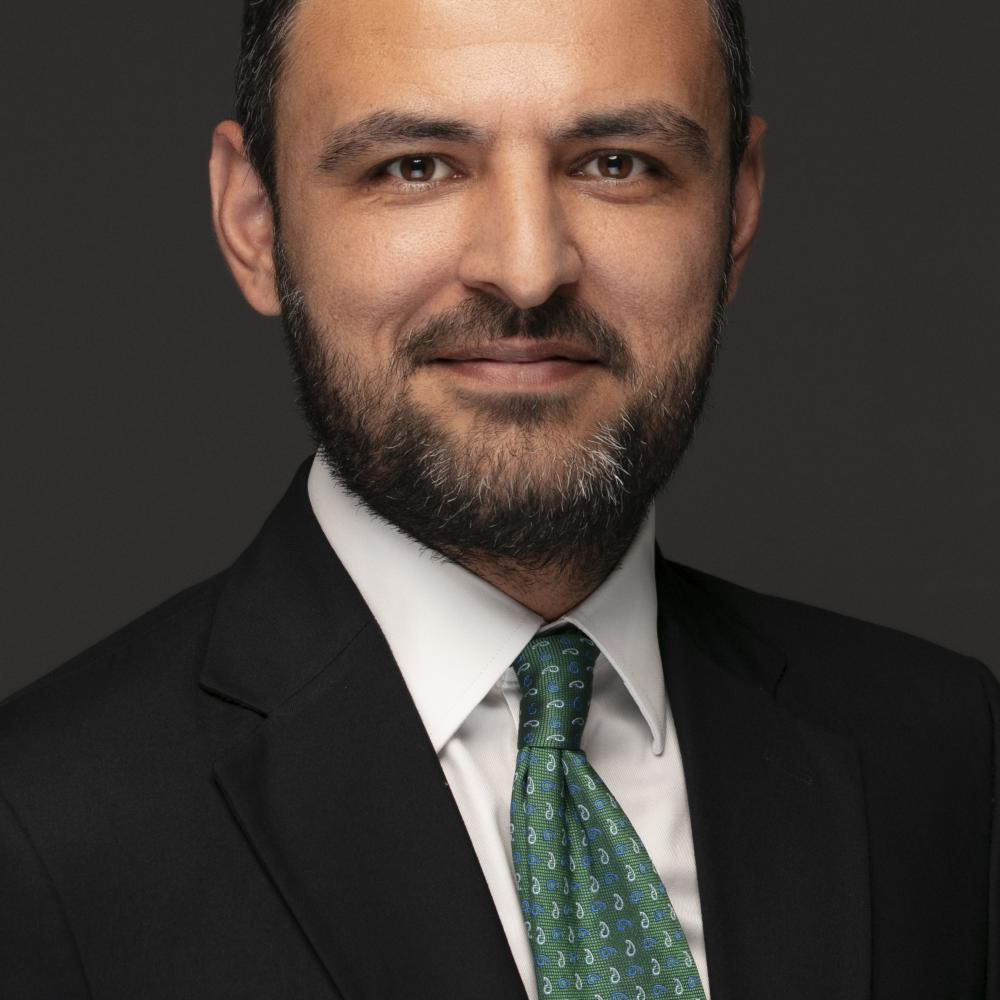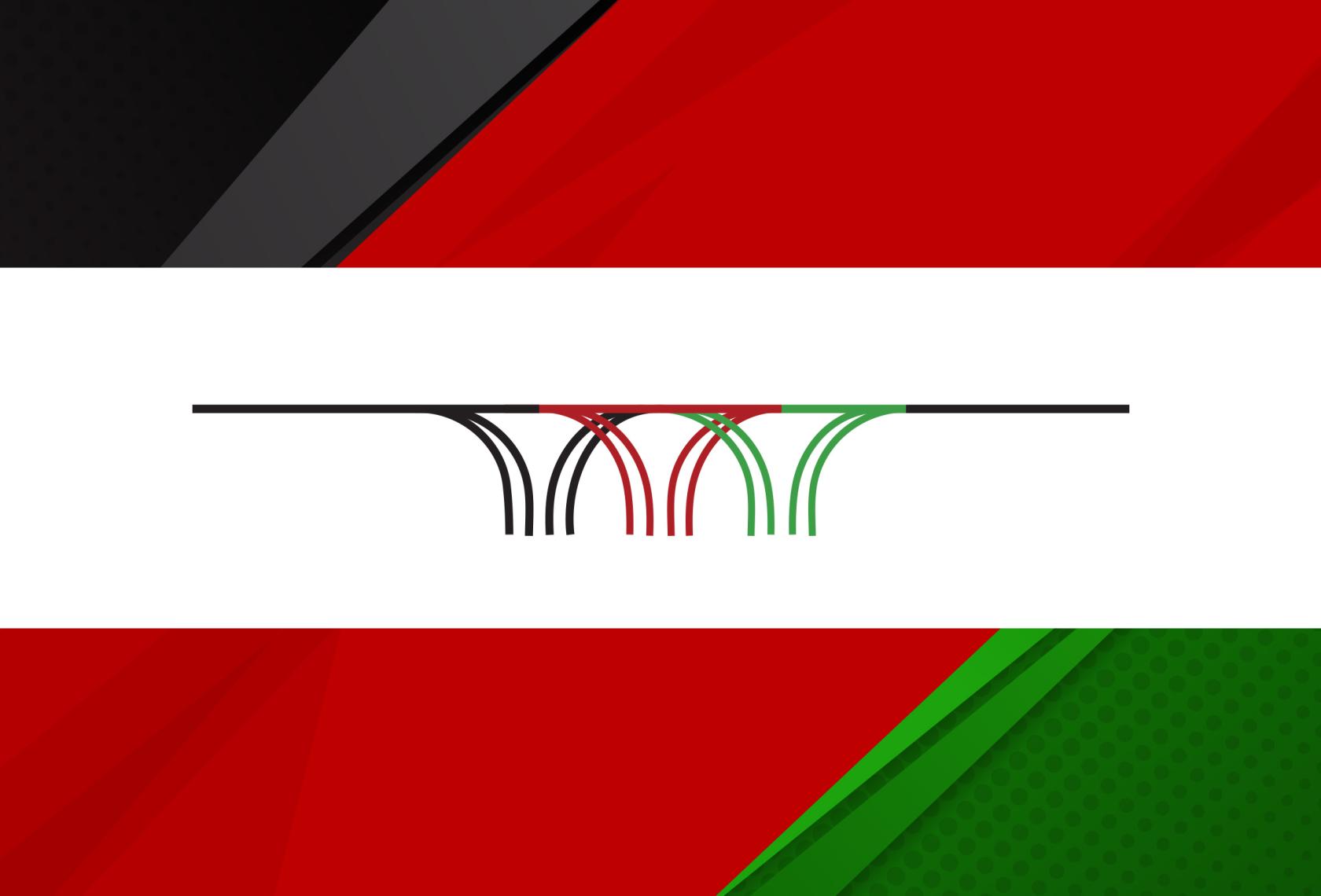

Unveiling Potential: Afghan Youth As Architects of Peace and Reconciliation

The plight of Afghan youth mirrors that of the broader population, having suffered under state terrorism and institutionalized abuse. However, the recent upheaval, with the democratically elected government's collapse and the Taliban's resurgence, complicates efforts for comprehensive justice and peacebuilding. Alarmingly, the exclusion of youth from peace negotiations, despite their direct stake in the country's future, remains a pressing concern. Engagement under the current regime presents significant political challenges.
Aligned with UNSC 2250, a pivotal document addressing youth, peace, and security and recognizing the dearth of space and opportunity for youth, particularly women and girls, within Afghanistan's political landscape, APL underscores the necessity of creating platforms tailored to their needs.
This webinar hosted by APL convenes four distinguished experts to discuss on the role of youth in peacebuilding—a critical step towards meaningful engagement. Central to this initiative is the inclusion of marginalized voices and the exploration of shared challenges, paving the way for collaborative solutions. Emphasizing active participation, especially among disenfranchised youth, represents the cornerstone of APL's vision. This webinar marks the beginning of a series of discussions, each aimed at shedding light on the indispensable role of Afghan youth in fostering peace and stability.
Panelists
Graeme Simpson is the Director of Interpeace USA and Senior Adviser to the Director-General of Interpeace, a global peace-building organization working in 20 conflict and immediate post-conflict zones around the world. He is also an Adjunct Lecturer in Law at Columbia University School of Law in New York City, where he teaches a seminar on transitional justice and peacebuilding.
Throughout his professional life, Graeme Simpson has focused on the experiences, roles and agency of young people in peacebuilding and conflict, and has published extensively on this subject. Graeme has actively sought mechanisms of participation for youth and children in transitional justice processes, including truth commissions, and under his guidance the International Center for Transitional Justice launched a program for youth and children in transitional justice. Graeme’s current workplace, Interpeace, has youth and peacebuilding programs in numerous conflict-affected societies around the world, and during his time there he has been actively involved in the drafting and development of youth-based peacebuilding strategies.
Niamatullah Ibrahimi is a Senior Lecturer in International Relations at La Trobe University. He teaches subjects on Middle East politics, international organizations, and security. His research interests include political violence, peacebuilding, post-conflict political orders, social movements and contentious politics, nationalism and ethnic politics, and human rights and transitional justice. Dr. Ibrahimi completed his PhD in 2018 at the Australian National University where his doctoral research examined the dynamics of contentious politics in the context of the post-2001 international intervention in Afghanistan. From 2018 to 2020, he worked as an Associate Research Fellow at the Alfred Deakin Institute for Citizenship and Globalisation at Deakin University. Previously, he worked for several leading think-tanks and international organizations, including the International Crisis Group and the Crisis States Research Centre of the London School of Economics.
Summia Tora is the founder of Dosti Network, an organization dedicated to empowering Afghans both within Afghanistan and those living as refugees with crucial resources and education. As an Afghan refugee who has personally experienced displacement, Summia possesses an intimate understanding of the challenges faced by displaced individuals, which fuels her drive to actively engage in refugee resettlement and advocate for access to education for students affected by conflict and displacement.
In response to the fall of the Afghan government in 2021 Dosti Network launched a global effort to connect Afghans with essential resources for resettlement worldwide and to provide support to those remaining in Afghanistan. Summia has worked with organizations such as the World Bank, Malala Fund, United Nations, and Schmidt Futures. Before the republic's downfall, her academic work centered on understanding peace perspectives within Afghanistan and documenting the viewpoints of individuals from diverse socio-economic backgrounds.
Summia’s achievement include being the first Rhodes scholar from Afghanistan and obtaining Master's degrees in Public Policy and International Human Rights Law from the University of Oxford. She holds BA in Economics and Peace & Global Studies from Earlham College. She is an Echoing Green fellow, listed in BBC 100 Women 2023, Forbes 30 Under 30 honoree and recipient of the Open Society Prize. Her journey has captivated audiences and has been featured in renowned media outlets such as The New York Times, BBC, The Economist, and NPR.

Barakat Rahmati is a distinguished diplomat and adept analyst with a deep-seated commitment to human rights and the peace process in Afghanistan. Educated at the UK's esteemed Royal College of Defence Studies and holding a master's degree from King's College London, he currently enriches the Afghanistan Policy Lab at Princeton’s SPIA as a non-resident research fellow. His storied career includes pivotal roles as the chief of staff at the Foreign Ministry and as a deputy ambassador/senior diplomat in Doha, Qatar; Washington, DC; and Islamabad, Pakistan. Notably, in Doha, he led the critical analysis and oversight of the Afghan-Taliban peace negotiations. Earlier in his career, he also played a crucial role in the negotiations of the Afghanistan-U.S. Bilateral Security Agreement. Barakat's profound experience in managing sensitive initiatives and his strategic contributions to policy solutions underscore his expertise in navigating complex geopolitical terrains, making him an invaluable asset in advancing the cause of human rights, peace, and democracy in Afghanistan.
Nazeela Elmi is an Afghan scholar in exile, Nazeela's expertise spans political science, gender, human rights, international relations, and policy research. She has an MA in Human Rights Studies from Columbia University and a BA in Political Science and International Relations from TED University. Over the years, Nazeela has contributed to various projects benefiting Afghan women while in Afghanistan and from abroad.
Committed to addressing the crisis in Afghanistan, she has actively participated in analytical and advocacy initiatives. Nazeela was one of the ten Rapporteurs who drafted the outcome document of the 12th UNESCO Youth Forum. Her publications, available in different languages, cater to policymakers on Afghanistan globally. Nazeela's research draws on local wisdom delving into themes of national healing, multi-directional memory, intersectionality and deconstructing dominant narratives in Afghanistan.


